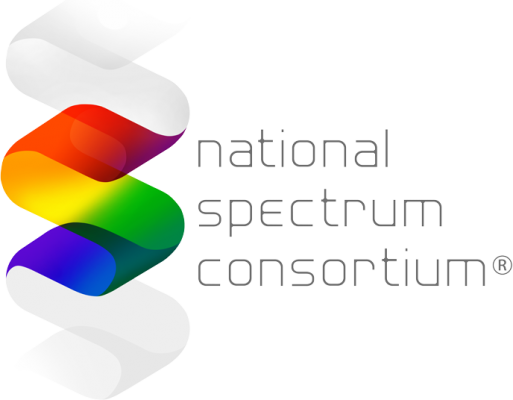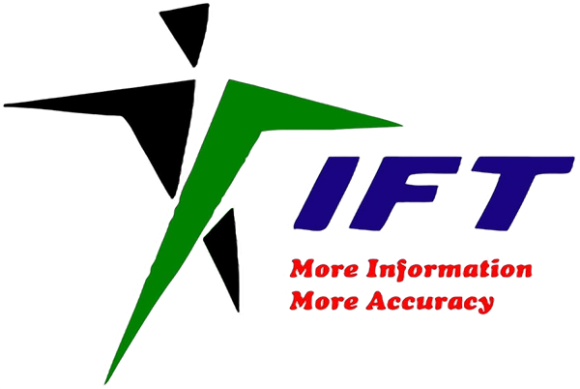Scope, topics, and rationale
Next generation or FutureG wireless is one of DoD’s fourteen critical technology areas, which involves maximizing and maturing the opportunities within the current 5G networks and laying the groundwork for upcoming 6G and beyond standards. A rapid scale of innovation on both these fronts is needed to ensure that the warfighter is enabled with the latest capabilities of data acquisition, delivery, and processing under mission-critical latency and reliability constraints. Such networks may involve novel architectures like meshes created by non-terrestrial networks with mobile ground units, utilize spectrum bands at extremely high frequencies that cannot be jammed using off-the-shelf radios, or harness the power of AI/ML to recognize adversarial actions by adapting the network functionality. While performance and reliability are certainly major driving goals within FutureG, this workshop focuses on the challenges posed by designing such networks on the bedrock of interoperability and open interfaces that allows disaggregated operation of the entire network stack. Forward looking open architectures for FutureG networks have several challenges. They must they be bolstered with methodologies that allow trusted and secure operation, without which adoption of disaggregated networks at scale becomes challenging. Second, the multitude of software APIs exposed within such open networks make them amenable to AI/ML-based control of network actions. However, the use of AI/ML itself raises questions related to real-time operation, robust training of models considering possible adversarial actions, and ability to generalize in unseen network environments. This workshop will specifically explore the latest advances in the design of programmable networks with open-source stacks, open interfaces, and open software APIs to control network operations that fully embrace the vision of FutureG.
This workshop will serve as a forum for discussions and presentations facing the design and deployment of open networks for FutureG in the context of tactical deployment that include but are not limited to the following topics.
Topics:
❖ Threats, analysis and defenses for open programmable tactical networks
❖ Open Radio Access Networks (Open RAN)
❖ Experiences with open-source network protocol stacks
❖ Interoperability between diverse radios and networks, multi-vendor interoperability
❖ RF fingerprinting and device identification
❖ Network traffic analysis and resource provisioning
❖ Dual purpose networks
❖ Resilient networks
❖ Machine learning in open tactical networks, benefits and challenges
❖ Advances in software-defined radio
❖ Joint non-terrestrial and ground-based networks
Format of the workshop
The workshop will be a Full-day workshop, anticipating the growing interest in the vision of open and programmable networks for FutureG. It will include a keynote, invited talks on selected topics, referred papers accepted from an open call and a concluding panel discussion. A tentative workshop format is provided below (subject to confirmation from speakers and participants):


Potential participants (program committee, invited authors, invited speakers, etc.)
Program Committee:
Fikadu Dagefu, Army Research Laboratory
Aloizio Da Silva, VTech
Vijay Shah, George Mason University
Debashri Roy, University of Texas Arlington
Zhangyu Guan, SUNY Buffalo
Ngwe Thawdar, AFRL
Alexander Wyglinski, WPI
Ismail Guvenc, NC State University
Kevin Liu, The Ohio State University
Jon Peha, CMU
Sennur Ulukus, University of Maryland
Invited Speakers/Panelists:
The invited speakers and panelists will represent the federal government, academia and industry. A tentative list of invited participants in a speaking/panelist role are provided below.
Tom Rondeau, US DoD
Nick Laneman, Notre Dam
Tommaso Melodia, Northeastern
Jeff Reed, VTech
Paul Yu, ARL
Curtis Watson, MITRE
Scott Kuzdeba, BAE Systems
Danijela Cabric, UCLA
Chris Dick, NVIDIA
Sridhar Rajagopal, Mavenir
Ben Hilburn, Anduril Industries
Paul Tilghman, Microsoft
John Davies, DARPA
John Chapin, NSF
Short bios of the organizers:
Kaushik Chowdhury is Professor in the Electrical and Computer Engineering Department at Northeastern University, Boston and Faculty Fellow in the College of Engineering. He was a finalist for the 2023 US Blavatnik National Awards for Young Scientists. He was also the winner of the U.S. Presidential Early Career Award for Scientists and Engineers (PECASE) in 2017, the DARPA Young Faculty Award in 2017, the ONR Director of Research Early Career Award in 2016, and the NSF CAREER award in 2015. He is the recipient of best paper awards at multiple IEEE and ACM conferences. He currently co-directs the operations of the Colosseum RF/network emulator, as well as the NSF Platforms for the Advanced Wireless Research project office. He has been the Technical Program Chair for top conferences, including IEEE INFOCOM and ACM MobiHoc. He is a Fellow of the IEEE.
Srinivas Shakkottai received a PhD in 2007 in Electrical and Computer Engineering from the University of Illinois at Urbana- Champaign. He was a postdoctoral scholar in Management Science and Engineering at Stanford University in 2007. He joined Texas A&M University in 2008, where he is currently a professor of Computer Engineering at the Dept. of Electrical and Computer Engineering. His research interests include caching and content distribution, wireless networks, learning and game theory, as well as network data analytics. Srinivas is the recipient of the Defense Threat Reduction Agency Young Investigator Award (2009) and the NSF Career Award (2012), as well as research awards from Cisco (2008) and Google (2010). He also received an Outstanding Professor Award (2013), the Select Young Faculty Fellowship (2014), and the Engineering Genesis Award (2019) at Texas A&M University.
Dinesh Bharadia is an Associate Professor at the University of California San Diego. He received his Ph.D. from Stanford University in 2016 and was a Postdoctoral Associate at MIT. He was named to Forbes 30 under 30 for the worldwide science category. Dinesh was also named a Marconi Young Scholar for outstanding wireless research and was awarded the Michael Dukakis Leadership award. He was also named one of the top 35 Innovators under 35 in the world by MIT Technology Review in 2016. Dinesh is the recipient of the Sarah and Thomas Kailath Stanford Graduate Fellowship. From 2013 to 2015, he was a Principal Scientist for Kumu Networks, where he worked to commercialize his research on full-duplex radios, building a product that underwent successful field trials at Tier 1 network providers worldwide like Deutsche Telekom and SK Telecom. His research interests include advancing the theory and design of modern wireless communication systems, wireless imaging, sensor networks and data-center networks. His research has been published at top conferences such as SIGCOMM, NSDI, MobiCom and has been cited over 11000 times.
Workshop organizers
Kaushik Chowdhury, Professor, Northeastern University
● Website:https://genesys-lab.org/
Srinivas Shakkottai, Professor, Texas A&M University
● Website:https://engineering.tamu.edu/electrical/profiles/sshakkottai.html
Dinesh Bharadia, Associate Professor, University of California San Diego
● Website: https://dineshb-ucsd.github.io/



















